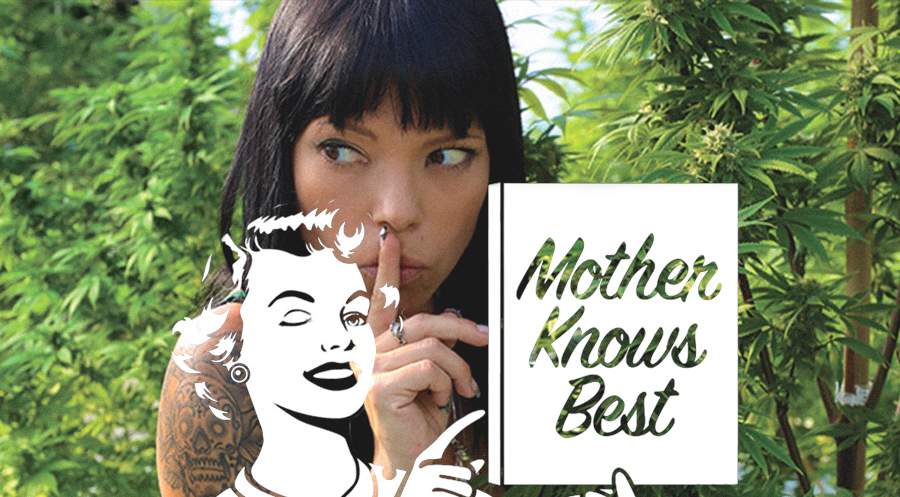Image via
The DEA is seriously recommending that teens spend more time using Instagram and playing video games instead of using drugs.
Last month, the anti-drug agency rolled out the latest phase of its “Just Think Twice” campaign, an update of the classic “Just Say No” slogan from the 80s. The campaign recently rolled out a list of “7 Better Highs” that offer young people an alternative to illegal drug use. Most of these suggestions are perfectly reasonable, like taking hikes, visiting petting zoos, playing sports, or hitting the beach. Of course, few of these options are actually available to low-income people who live in urban areas.
The feds’ list also includes two options that have been linked to addictive behavior and mental health issues: playing video games and using Instagram. The DEA asserts that “playing video games is an awesome way to … take a little escape from reality,” conveniently ignoring the fact that a majority of gamers prefer to play while lit. An estimated 8.5% of adolescent American gamers also develop a serious addiction to gaming, which is about the same percentage of people that become dependent on cannabis.
The DEA also recommends that teens who take Instagram “a little bit more seriously … could take over the world and become a young trendsetter.” This recommendation is particularly ironic because Instagram poses even more risks for teens than smoking weed does. In 2021, a Meta employee leaked an internal research study that directly linked Instagram use to anxiety, depression, low self-esteem, and other mental health issues.
That same study found that the app also increases body-image issues for young people, especially teenage girls. The DEA’s Instagram recommendation also includes a photo of several skinny young girls and a link to another article listing many wealthy, traditionally beautiful young influencers. At least the DEA didn’t recommend that teens take up online gambling.
The feds are suggesting that these “natural highs” are better for teens than using potentially dangerous drugs. Researchers have debunked most of the “reefer madness” myths about teen pot use, but cannabis use disorder does seem to be more common in teens than adults. And it’s true that using synthetic drugs like meth, cocaine, or opioids are all highly addictive and can cause fatal overdoses. But most mental health experts would agree that telling someone to swap one risky behavior for another addictive behavior is terrible advice.
The DEA is celebrating its 50-year anniversary this year, and its latest campaign shows that the agency has been out of touch with reality that whole time. Fortunately, most of the agency’s other PR fails have landed on the unintentionally hilarious side, rather than trying to encourage kids to try out new addictive behaviors. Most notably, the DEA recently posted a comically incorrect guide intended to help parents decipher emojis that kids are supposedly using to talk about drugs.











